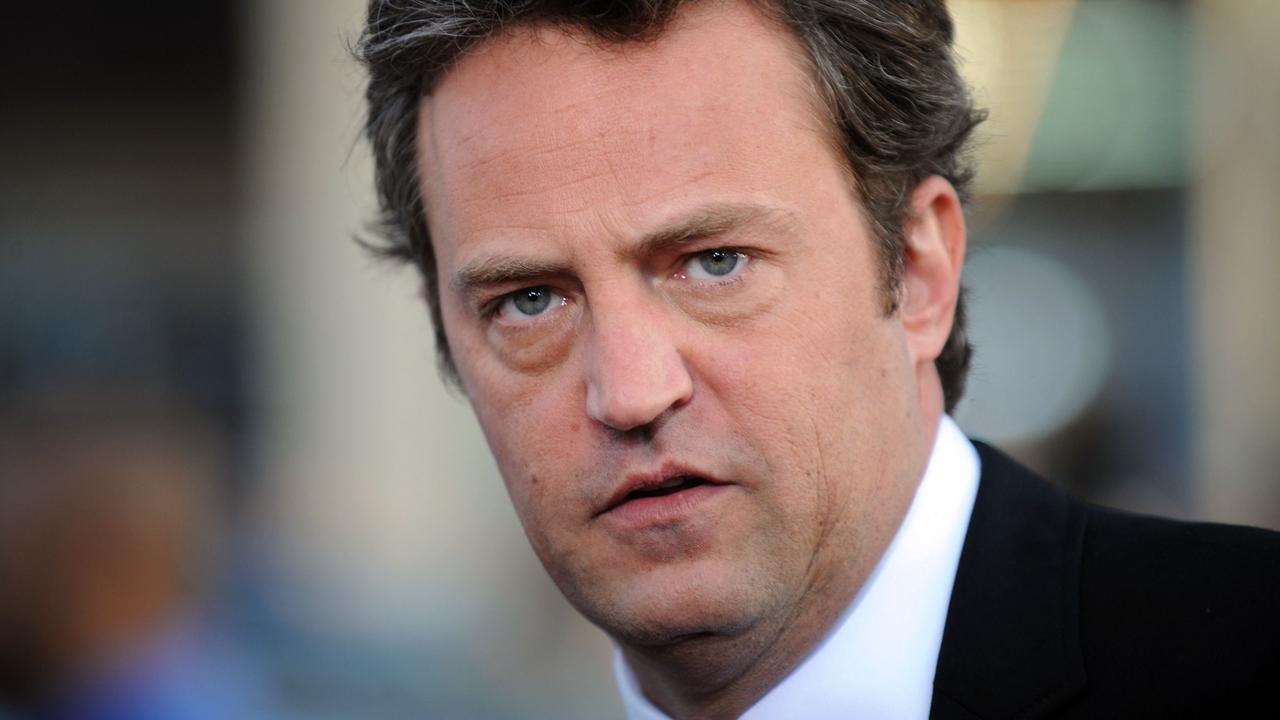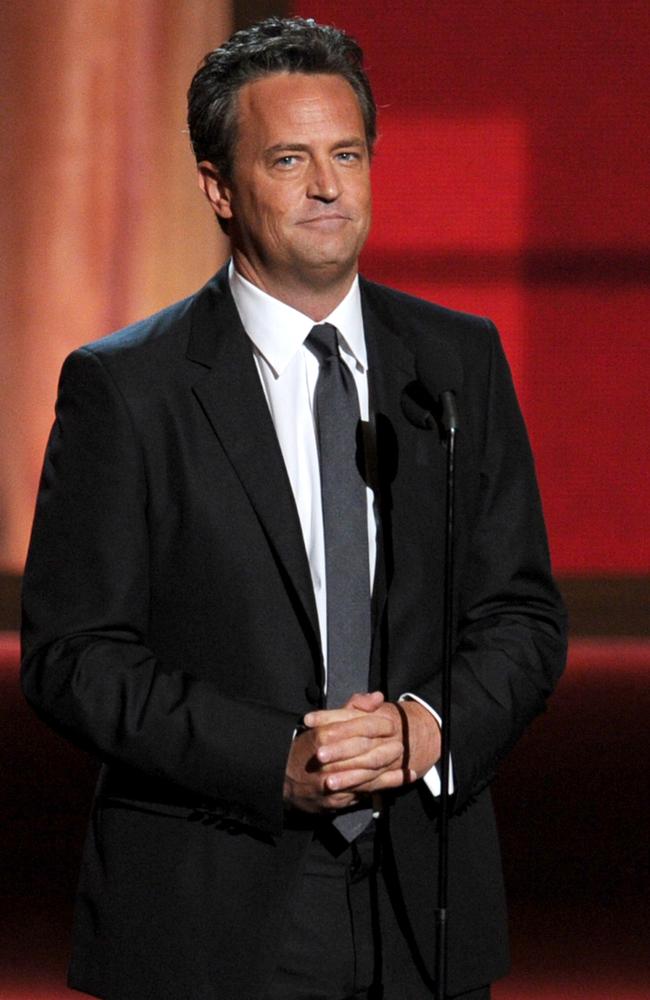Bombshell development in Matthew Perry death
Matthew Perry’s death sparkes sadness around the world, and now police are set to hand out numerous bombshell charges.
Charges in the investigation into Matthew Perry’s ketamine death will be filed any day now – and anyone found liable for supplying the drugs that killed the star will face the full force of the law, an lawyer says.
Perry was found unresponsive in the hot tub of his LA home on October 28, 2023, having suffered acute effects of ketamine and drowning, his autopsy revealed.
The 54-year-old actor, best known for his portrayal of Chandler Bing in Friends, was found to have similar levels of ketamine in his system as a hospital patient under general anesthetic.
Perry, for years, was frankly honest about his struggles with addiction and had been open about receiving ketamine infusion therapy to treat depression in the months before his death.

However, the star’s last therapy session was a week and a half before he died, and ketamine metabolises in the human body within hours of consumption – meaning the treatment was not the cause of his sudden passing.
The Los Angeles Police Department launched a criminal investigation in December to determine how Perry obtained the drugs that would ultimately claim his life.
Over the last nine months, the LAPD has been working alongside the Drug Enforcement Administration and the US Postal Inspection Service to re-trace the line of supply.
Some of the detectives working on the case also investigated the overdose death of rapper Mac Miller, who died after consuming a fentanyl-laced opioid in 2018.
Tre Lovell, a veteran entertainment lawyer, told The U.S. Sun he believes arrests in the case are imminent and will likely involve multiple people.
Lovell further warned that the charges against anyone accused of wrongdoing will be swift and unforgiving, even though Perry’s death was ruled accidental.
“Charges will be coming any day now,” said Lovell. “This investigation has been going on for a long time, and the leaks are starting to come out, which are probably intentional.
“[Anonymous law enforcement sources] are not going to leak stuff unless they intend on indicting, otherwise they’ll get egg on their face.”

In June, a law enforcement source close to the investigation told PEOPLE the Perry investigation was “nearing its conclusion” and “multiple people” could be charged.
The US Attorney’s Office has the final say on whether or not charges should be filed, the source said.
Lovell says those at risk of being charged could include doctors who may have written Perry an under-the-table prescription, drug dealers who could’ve sold him the ketamine illegally, and friends or associates who facilitated any illicit transaction.
He shared, “There are several ways to impose criminal liability, either through the distribution of a controlled substance, an unlawful act that rose to criminal negligence or recklessness, and even in some cases involuntary manslaughter and mail fraud.
“There cases are tough [ …] when somebody overdoses, that’s an act of their own volition, so to impose criminal culpability there’s a very high standard.
“They have to get warrants, they have to get subpoenas, they have to get private information from his physician, and this takes a lot of time.”
Depending on what charges prosecutors pursue – if any – accused parties could face prison sentences of anywhere between four and more than 20 years in prison.
Perry’s star power will motivate authorities to prosecute the case to the full extent of the law, Lovell says.
“The reason for this is because there’s a big policy now to attack this kind of drug distribution, with fentanyl at the top of the chain, and these other controlled substances that are floating around, like ketamine.
“The government – both at federal and state level – has a mandate to go after drug dealing like this where there are overdoses, so they’re going after the suppliers – and part of the reason for that strategy is deterrence.
“They want to deter future acts, and the best way to prevent someone from distributing drugs is deterring them from getting involved in the first place.
“Where there’s a high profile victim, and the press is monitoring it, it’s the government’s opportunity to show there are severe consequences for supplying people drugs.
“Not only can you be liable for distributing a drug, you can also be liable for homicide.
“And they’ll want to make that clear in this investigation.”

The only person so far publicly linked to the Perry investigation is the late actor’s friend, Brooke Mueller, whom he met in rehab.
Over the last few months, Mueller has been the subject of multiple search warrants.
The actress’ LA sober living residence was raided by police in May and her iPhone and a laptop were reportedly seized.
Mueller, an ex-wife of Charlie Sheen, is said to be fully co-operating with the investigation.
A source with knowledge of the matter told InTouch, “She’s hired lawyers and has had multiple meetings with law enforcement since they arrived at her sober living house with a search warrant.
“She’s being tight-lipped about the situation. But the investigators must have known something to get a warrant and turn up like that.
“It’s tough to say or know exactly what her role is [in Perry’s death], but she’s adamant she had nothing to do with that.”
Lovell agreed that for police to have obtained a warrant to search Mueller’s home, there must’ve been strong evidence of a crime potentially having occurred.
“To seize a phone and search a house, you have to get a warrant, and to get a warrant you have to have probable cause,” said Lovell.
“To have probable cause, you have to convince a judge there’s likely a crime going on, and if they’ve been able to get all of that, there’s a strong chance that person is a person of interest.
“We don’t know for sure, but if they’ve gone to those lengths and they have enough evidence to get probable cause for a warrant, then that person is likely suspected of something serious.”





